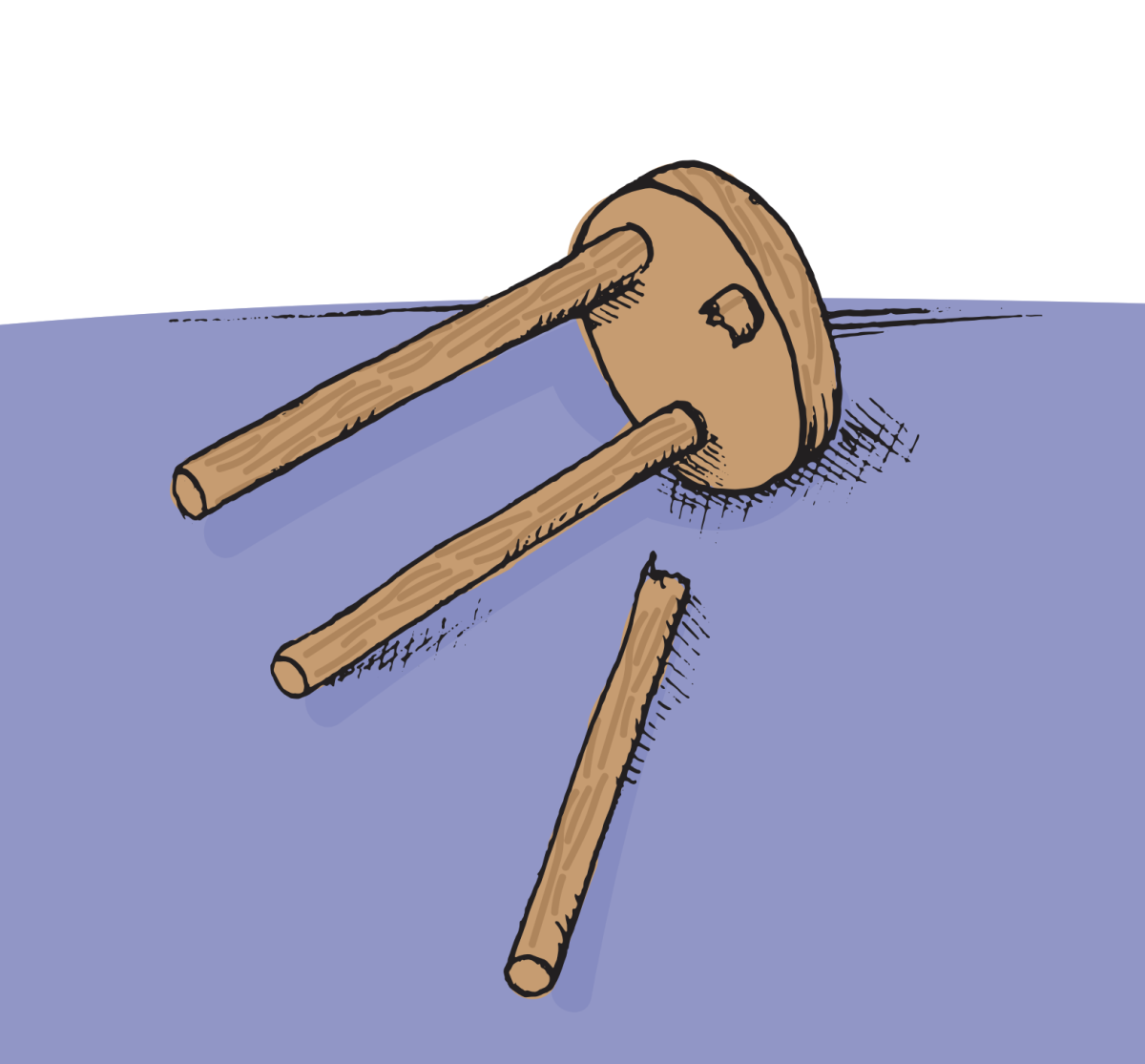The Real Truth About Real Numbers
In the words of Saint Joseph’s University’s favorite Sunday mass hymn: “We are called to act with justice…” Here at St. Joe’s, in true Jesuit spirit, we place a lot of emphasis on social justice. From weekly service and service learning, to the Philadelphia Service Immersion Program [PSIP] and Winter Immersion Programs [WIP], there are seemingly endless opportunities to get involved in the fight for social justice, both on- and off-campus.
It’s easy to see how some majors lend themselves toward continuing this fight beyond the confines of Hawk Hill. The leadership, ethics, and organizational sustainability major , affectionately known as LEO, practically has social justice built into its name. Education majors have plenty of opportunities to serve underprivileged schools both in Philadelphia and other cities across the country, and there are numerous ways to promote and practice health ethics for those intending to enter a medical field. With mathematics and computer science, this link might be a little harder to see. After all, proving the Riemann Hypothesis or building the next Snapchat aren’t exactly going to feed the hungry or shelter the homeless.
However, beyond the surface, in the intersection of applied mathematics and programming are powerful tools for attacking a number of social justice issues.
I’ve written for The Hawk before about my experience working with former graduate student Ather Sharif, ’15, and other members of the St. Joe’s computer science department to plan and host a series of hack-a-thons, an event where programmers come together to produce prototyped solutions to given problems, aimed at creating technology to combat issues faced by people with a variety of disabilities. For example, one group developed a proximity sensor that uses vibrations to alert deaf people to the presence of something close behind them. However, there are plenty of other amazing examples of math and computer science being used to fight for justice.
In 2015, researchers at Washington University in St. Louis worked with an initiative for providing resources to end child sex trafficking to create Traffick Cam. This free app is aimed at using the power of crowd-sourcing to help law enforcement apprehend traffickers and rescue victims, many of whom are girls as young as 13 and 14 years old. Many traffickers use hotel rooms to evade law enforcement. Every day thousands of ads feature pictures of the victims in these very rooms. With the help of Traffick Cam, anyone can help stop this horrific violation of human rights and dignity. A user simply has to enter location information during a hotel stay and upload a few pictures of her room from different angles. These photos and their accompanying information are maintained in a database. Through the power of mathematics, investigators can use search algorithms and image analysis to look for matches to the anonymous rooms in the online ads, helping them locate traffickers.
The national civic hacking organization, Code for America, is another fabulous example of the way in which computer science and applied math are being utilized to change lives. Civic hacking is the practice of taking open source, or freely available, data from government and other civic organizations, and harnessing or managing it in a meaningful way to create change. Programmers are improving their communities in Code for America Chapters in cities all over America, including our own.
I think the most incredible part of math is the innumerable ways in which the beautiful and abstract can be employed to solve real world problems and even to enact social change. Math truly has the power to transform and improve lives. I still haven’t quite decided which of the many branches of mathematics I want to apply for or what that application will be. However, after three plus years at St. Joe’s I do know that I’ve heard over and over again—in the opportunities I’ve had, the lessons I’ve learned, and the people I’ve met—the call to act with justice. My list of possible grad schools may still be over 100 schools long, and my last year on Hawk Hill already feels like it’s slipping away far too fast, but I know that whether it’s via abstract algebra or artificial intelligence, I’m committed to a future pursuing the subject I love and harnessing it to change the world.



































